*Individual "Professional Profiles" are currently unavailable but will be updated and available soon.
In the Department of Earth Science at UVU, our #1 goal is to provide students with rewarding, dynamic educational experience. We pride ourselves on being able to offer personal attention to the needs of students with diverse backgrounds and educational goals. Our degree programs provide a wide range of skills and knowledge that are applicable to today´s earth science job markets, as well as a broad-based general science education that´s ideal for students planning to continue to graduate programs in law, business, or medical fields. We incorporate field trips and/or practical working experience in nearly all of our courses. Our easy access to the geology of the Wasatch Range and Utah´s National Parks, our ties to local employers, and our diverse, dynamic faculty make the UVU Department of Earth Science a natural choice for anyone pursuing an education in the earth sciences.


“Civilization exists by geologic consent, subject to change without notice”
- Will Durant
The above quote emphasizes our society’s dependence on the earth. The earth provides the raw materials for building, the soil and water to grow our crops, and the energy to fuel our industries, power our cars, and heat our homes. The earth is also capable of causing devastation through droughts, earthquakes, landslides, and other natural disasters. It is the job of the earth scientist to understand earth’s history and active processes in order to make good use of earth’s resources and to avoid its hazards.
The Earth Science faculty at UVU is devoted to dynamic, effective undergraduate education. Our department includes 13 full-time faculty members who have expertise in soil and water resources, earthquake and landslide hazards, natural resource management, environmental policy, geochemistry, geographic information systems, the growth of mountain ranges, the formation of rocks and minerals, and paleontology. Our courses emphasize the practical aspects of the course material, and we take great advantage of Utah’s amazing opportunity for course-related field work. In addition to great classes, our students participate in extracurricular field trips throughout the western U.S., and they are active in a variety of research projects.
If you are interested in any of these areas, please contact the Earth Science Advisor, or Department Chair.

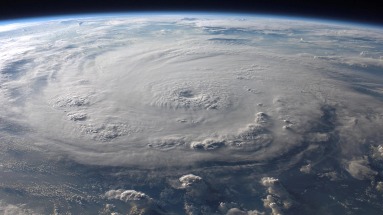
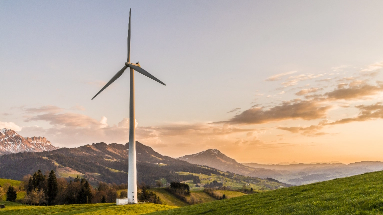
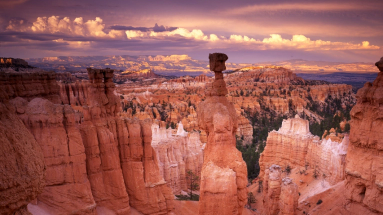
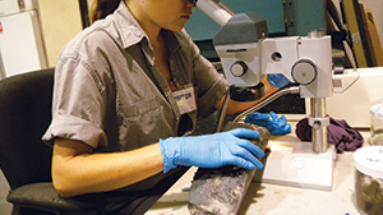
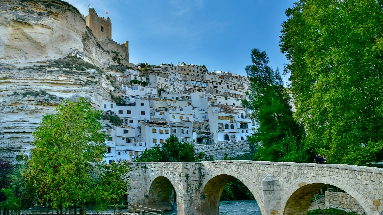

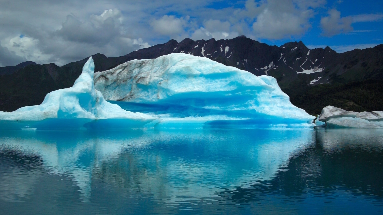
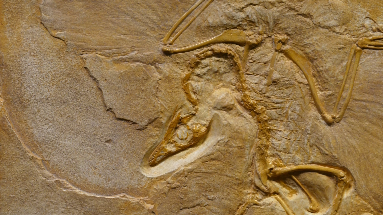
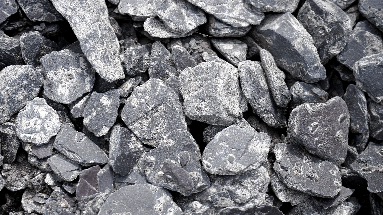
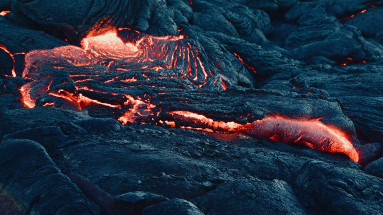
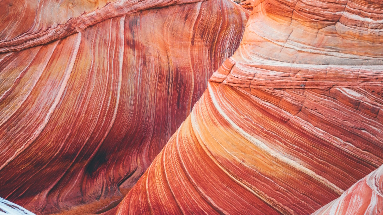

Rachel Atkins
Assistant Professor
Message Rachel AtkinsSpecialties:
Fluvial Geomorphology
Applied Hydrology
GIS
Environmental Geoscience

Tara Bishop
Assistant Professor
Message Tara BishopSpecialties:

Michael Bunds
Professor
Message Michael BundsSpecialties:
Earthquake mechanisms and hazards
Mountain building and crust deformation
Ultra-high precision topographic mapping
Landslide hazards


Doug Czajka
Assistant Professor
Message Doug CzajkaSpecialties:
Geoscience education
Vertebrate Paleontology
Engineering Geology



Hilary Hungerford
Professor
Message Hilary HungerfordSpecialties:
Human-environment interactions
Water
Global South
Social Science


Stella Mosher
Assistant Professor
Message Stella MosherSpecialties:
Paleofire
Ecosystem responses to changes/disturbance regimes and climate
Human-environment interactions
Biogeography


Amy Richins
Administrative Assistant
Message Amy RichinsEmail:
Phone: 801-863-6964
Office: PS 207
Website:
Specialties:

Mike Stearns
Associate Professor
Message Mike StearnsSpecialties:
Metamorphic/Igneous Petrology
Geochronology
High-temperature geochemistry
Plate tectonics

Nathan Toke
Associate Professor
Message Nathan TokeSpecialties:
Geologic Hazards
Geomorphology
GIS and Remote Sensing
Geologic Mapping

Weihong Wang
Professor
Message Weihong WangSpecialties:
Wetland Studies
Water Quality
Nutrient cycling and Harmful Algal Blooms
Gis and Remote Sensing

Alessandro Zanazzi
Professor
Message Alessandro ZanazziSpecialties:
Paleoclimatology
Stable Isotope Geochemistry
Ecology and Paleoecology
Water Isotopes